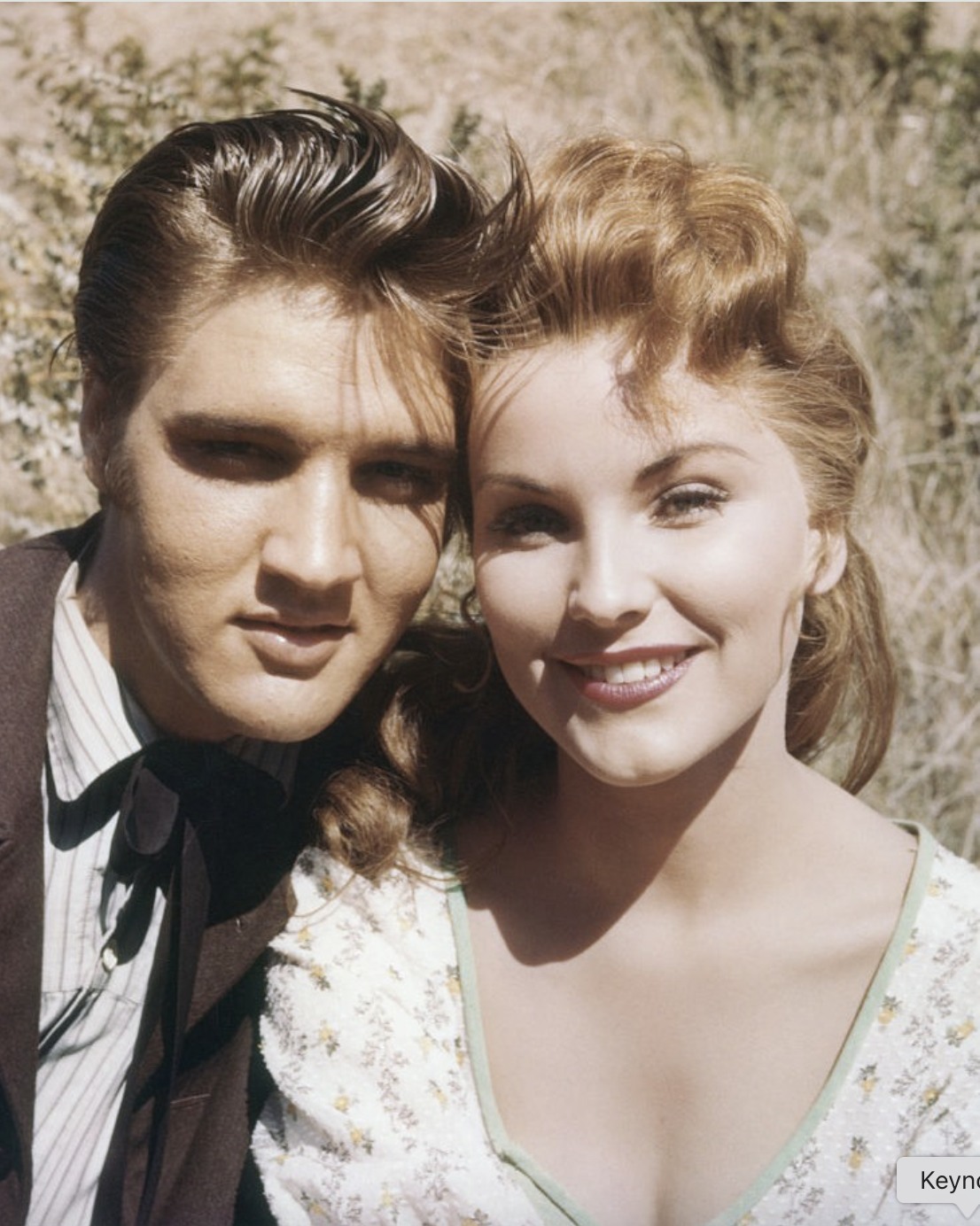
Elvis Presley’s Movie Debut: A Timeless Treasure in Love Me Tender
Did you know that you can now watch Love Me Tender for free on YouTube? For those just discovering Elvis Presley, this film offers a fascinating window into the King’s first steps into Hollywood; for lifelong fans, it’s a sentimental journey back to the moment Elvis proved he was more than just a singer — he was a born entertainer.
Released in 1956, Love Me Tender wasn’t originally designed as an Elvis vehicle. The film began as The Reno Brothers, a historical Western set shortly after the Civil War, based on a true story about a family of Confederate brothers who turned to crime. But when Elvis’s popularity skyrocketed thanks to his groundbreaking musical success, 20th Century Fox seized the opportunity. They retitled the film to Love Me Tender to promote his chart-topping ballad of the same name, transforming what would have been a straightforward Western into a cultural event.
Elvis played Clint Reno, the youngest brother who stays home to care for the family while his older brothers go off to fight. Though Clint was not originally a central character, the script was rewritten to showcase Elvis’s charisma and screen presence. Even though he was third-billed on paper, his star power dominated every frame he appeared in. Determined to succeed as an actor, Elvis went above and beyond: he memorized not only his lines but also those of his co-stars. Crew members often remarked on his humility and willingness to learn, traits that set him apart from other newcomers.
The film’s New York premiere on November 15, 1956, was a true cultural phenomenon. Over 1,500 fans mobbed the Paramount Theater, many camping out overnight just to catch a glimpse of their idol. Their screams were so loud during the screening that audiences inside the theater could barely hear Elvis’s dialogue, making it nearly impossible to follow certain scenes. In an early example of fan hysteria that would become synonymous with Elvis’s career, the event foreshadowed the explosive devotion he would inspire worldwide.
Originally, the script didn’t include any songs for Clint Reno. However, the producers quickly realized the commercial potential of integrating Elvis’s music into the story. Four songs were hurriedly added, including “We’re Gonna Move,” “Let Me,” “Poor Boy,” and, of course, “Love Me Tender.” These musical interludes were cleverly woven into the plot, allowing audiences to see Elvis’s dual talents on display. While some critics felt the musical numbers disrupted the narrative, fans adored them — and the film’s soundtrack became a best-selling EP, marking yet another milestone in Elvis’s unstoppable rise.
Behind the scenes, Elvis developed a close relationship with his co-star, Debra Paget, who played Cathy Reno, Clint’s love interest. Elvis reportedly proposed marriage to her during filming — an advance she gently declined. Despite this, she left a lasting impression on him. Years later, Priscilla Presley revealed that she had modeled her hairstyle after Debra Paget’s iconic look to capture Elvis’s attention when they first met. It’s a poignant example of how early experiences and crushes shaped his personal life and taste.
The film’s ending was equally dramatic and controversial. Clint Reno dies, a bold narrative choice that deeply upset Elvis’s mother, Gladys Presley. Legend has it that she was so distraught after seeing the preview that she demanded a change. To console her and soften the blow for fans, producers added a final scene showing Elvis’s ghostly silhouette singing “Love Me Tender” — a touching, if somewhat inconsistent, addition to the story. Interestingly, this silhouette showcases his jet-black hair, dyed as part of his signature image, which contrasts sharply with the film’s period setting.
Eagle-eyed viewers will also notice charming historical bloopers peppered throughout the film. There are zippers on costumes — which didn’t exist in the Civil War era — and even glimpses of modern cars rolling past in the background. Rather than detracting from the film, these anachronisms add a layer of nostalgia and quirky charm, endearing the movie to generations of fans who appreciate its imperfections as part of its charm.
Despite its flaws and mixed critical reviews, Love Me Tender stands as a significant cultural milestone. It wasn’t just the launch of Elvis’s film career; it was the birth of Elvis the movie star, a transformation that proved he could conquer multiple stages — from the concert hall to the big screen. The film captured a moment in American history when music and movies began to merge, and teen idol culture exploded.
For those who watch Love Me Tender today, whether on YouTube or DVD, it offers more than entertainment. It’s a piece of living history, a snapshot of a young artist on the cusp of superstardom. We see a young man giving his all, full of promise and vulnerability, before the pressures of fame fully took their toll.
Elvis’s spirit shines through every note and every scene, inviting us to fall in love with him all over again — not just as a singer but as an earnest actor who poured his heart into his first big role. Love Me Tender remains a beloved treasure, a testament to the King’s boundless energy and charm that captivated millions and still resonates nearly seventy years later.


